Germany’s Olaf Scholz Claims “Freedom of Speech” Is Not for “Extreme Right Positions”
German Chancellor Olaf Scholz has sparked considerable debate after making a statement that challenges the boundaries of free speech in relation to extreme right-wing views. In a recent speech, Scholz asserted that “freedom of speech” should not apply to extreme right positions, fueling an ongoing conversation in Germany and beyond about the limits of free expression and the responsibility of political leaders in safeguarding democratic values.
Scholz’s comments reflect the tension between protecting freedom of speech, which is enshrined in Germany’s constitution, and preventing the spread of harmful ideologies that may threaten the stability of society. This debate is particularly sensitive in Germany, given the country’s historical experience with extremism and the legacy of Nazi rule. The chancellor’s position also comes at a time of growing concern over the rise of far-right movements in Europe, where political leaders are grappling with how to balance free speech with public safety and social cohesion.
The Context of Scholz’s Statement
Scholz made his comments during a broader discussion on combating extremism and preserving the core values of democracy. The statement came amid increasing tensions surrounding the rise of far-right groups in Germany and other European countries. These groups often espouse nationalist, anti-immigrant, and xenophobic ideologies, and in some cases, they have been linked to violent acts and hate speech.
In Germany, the legal framework surrounding freedom of speech is designed to protect individual rights while also maintaining the integrity of democratic institutions. The German constitution, or Basic Law, guarantees the right to free expression, but it also includes limitations to prevent hate speech, incitement to violence, and the promotion of ideologies that threaten democratic order.
Scholz’s remarks reflect a growing sentiment among some political leaders that extreme right views, which are seen as contrary to democratic principles, should not be granted the same protections as other forms of speech. The chancellor’s comments come at a time when Germany, like many other European countries, is facing an increasing challenge from far-right political parties and movements that seek to reshape the political landscape.
The Debate on Free Speech and Extremism
The issue of free speech versus extremist views has been a longstanding point of contention in democratic societies. While most countries uphold the principle of free expression, there is a growing concern over the limits of that freedom when it comes to speech that promotes hate, violence, or intolerance.
In Germany, this debate is especially fraught due to the country’s historical context. The atrocities committed by the Nazi regime during World War II left a deep scar on the national consciousness, and German law reflects a commitment to preventing the resurgence of extremist ideologies. Germany has some of the strictest laws in Europe when it comes to banning hate speech, symbols associated with Nazism, and Holocaust denial. These laws are viewed as essential safeguards for democracy, aiming to prevent the spread of dangerous ideologies that could undermine social cohesion and national security.
However, the question remains: Where should the line be drawn? Should there be a blanket ban on extreme right-wing speech, or should individuals be allowed to express even the most controversial views under the banner of free speech? Scholz’s comments suggest that, in his view, the protection of democratic values and the prevention of harm should take precedence over the absolute protection of free expression when it comes to far-right ideologies.
The Rise of the Far Right in Germany and Europe
Scholz’s statement comes in the wake of a growing presence of far-right political movements across Europe. In Germany, the Alternative for Germany (AfD) party has gained significant traction in recent years, often drawing criticism for its anti-immigrant stance, xenophobic rhetoric, and nationalist policies. The rise of far-right populism is not unique to Germany, as similar movements have gained momentum in countries like France, Hungary, Poland, and Italy, where nationalist and anti-globalist sentiments are on the rise.
The growth of these movements has raised concerns about the erosion of liberal democratic values in Europe. Far-right parties have been accused of stoking division, promoting intolerance, and undermining democratic institutions. While these parties often claim to advocate for the protection of national identity and cultural values, critics argue that their rhetoric fosters hate and discrimination.
In response to this growing threat, political leaders like Scholz have emphasized the need to defend democratic principles, including the protection of marginalized groups and the prevention of hate speech. Scholz’s remarks suggest that in his view, the government has a duty to limit the spread of extremist views, especially when they threaten the stability of the democratic order.
Legal and Ethical Considerations
Germany’s legal framework surrounding free speech is carefully balanced to ensure that individuals can express their opinions while maintaining social order and protecting public safety. Article 5 of the Basic Law guarantees the right to free speech, but it also includes provisions that limit speech that incites violence or hatred. For instance, the German penal code prohibits Holocaust denial, the display of Nazi symbols, and hate speech directed at individuals or groups based on race, ethnicity, or religion.
The challenge, however, lies in determining where to draw the line between protected speech and harmful speech. Free speech advocates argue that even controversial or extreme views should be allowed to be expressed in a democratic society, as long as they do not incite violence or directly harm others. On the other hand, those who support limitations on far-right speech contend that allowing hate speech to flourish can lead to the normalization of extremist ideologies, which can ultimately jeopardize social harmony and democratic institutions.
The debate over the boundaries of free speech is further complicated by the rise of social media and online platforms, where extremist views can spread rapidly and reach a global audience. In recent years, governments around the world have faced increasing pressure to regulate online content and curb the spread of hate speech, misinformation, and radicalization. Scholz’s statement may be seen as part of a broader push by European leaders to tackle the challenges posed by online extremism and ensure that democratic values are upheld in the digital age.
The Response to Scholz’s Statement
Scholz’s remarks have prompted a wide range of responses from politicians, activists, and the public. Supporters of his position argue that extreme right-wing views have no place in a democratic society and that allowing such views to be freely expressed only serves to undermine social cohesion and stoke division. They contend that restricting hate speech and extremist rhetoric is necessary to protect vulnerable communities and prevent the rise of authoritarianism.
Critics, however, argue that limiting free speech, even in the case of extreme right-wing views, could set a dangerous precedent. They warn that curbing freedom of expression could lead to the erosion of democratic rights and the suppression of dissenting voices. Some fear that such measures could be used to justify broader censorship and undermine the fundamental principles of free speech.
The debate is likely to continue in Germany and across Europe, as policymakers wrestle with how best to balance the protection of free speech with the need to counter extremism and preserve democratic values. Scholz’s comments have reignited this conversation and highlighted the challenges faced by modern democracies in responding to the rise of far-right movements and online extremism.
Conclusion: The Complexities of Free Speech in Modern Democracies
Olaf Scholz’s statement about the limits of free speech for extreme right-wing views underscores the complex and evolving nature of the debate over freedom of expression in modern democracies. While freedom of speech is a cornerstone of democratic society, there is growing recognition that certain types of speech—especially those that promote hate, violence, and extremism—can undermine social stability and threaten the integrity of democratic institutions.
In Germany, a country with a deep commitment to preventing the rise of far-right ideologies, Scholz’s remarks reflect the ongoing struggle to balance individual freedoms with the collective responsibility to protect democracy and human rights. As Europe grapples with the challenges posed by the rise of populism, nationalism, and online extremism, the question of where to draw the line on free speech will remain a central issue in political discourse and policy development. Scholz’s statement may mark just one chapter in a broader, ongoing conversation about how to safeguard democracy in an increasingly polarized world.
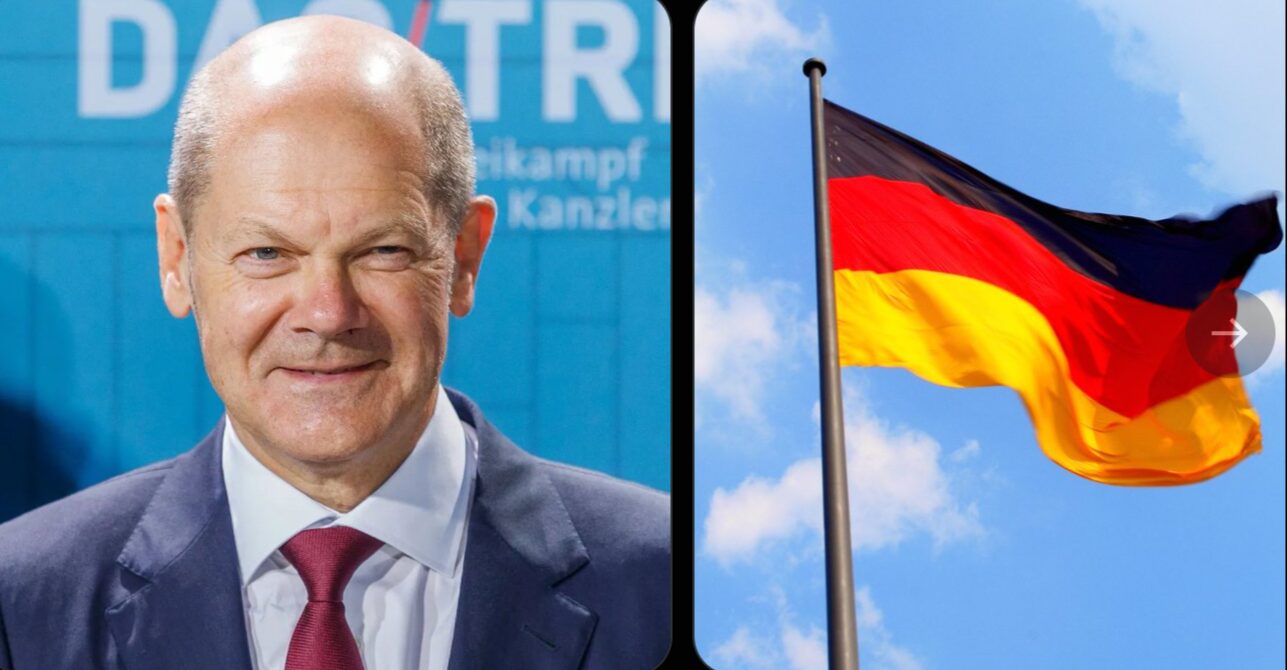
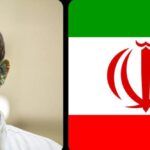
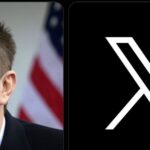
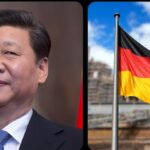

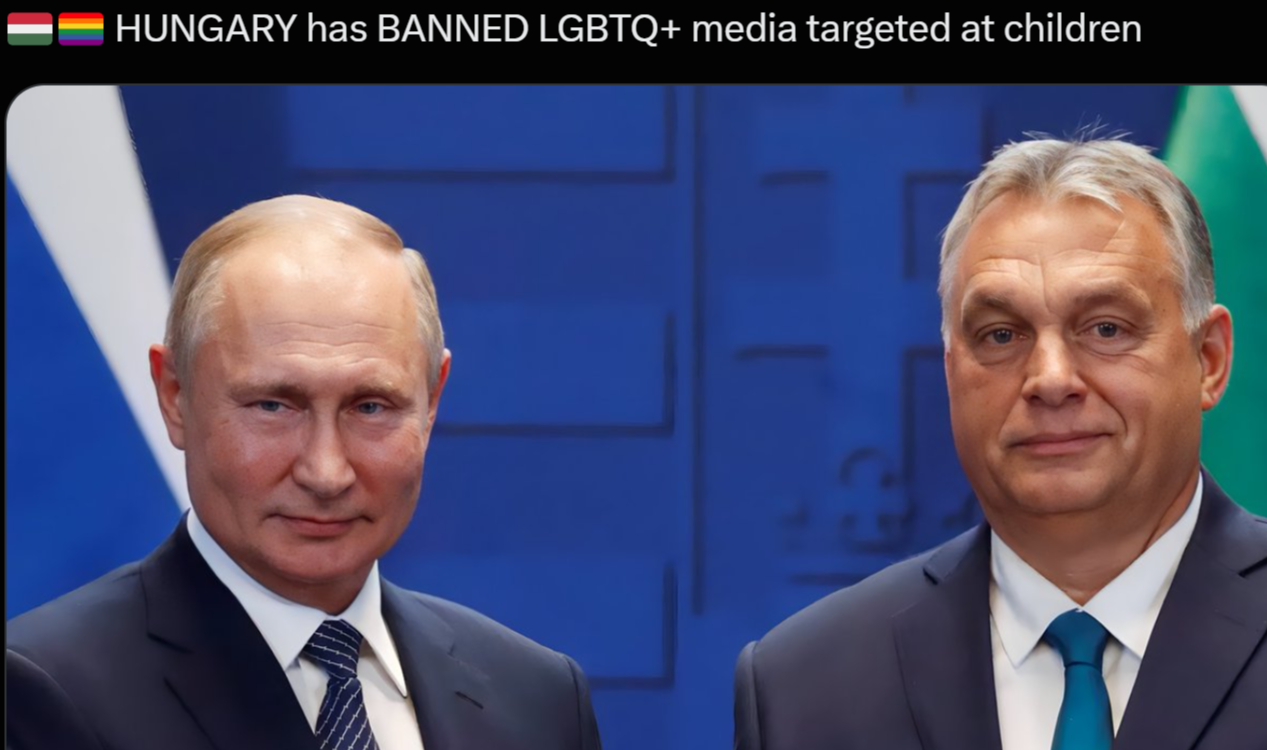

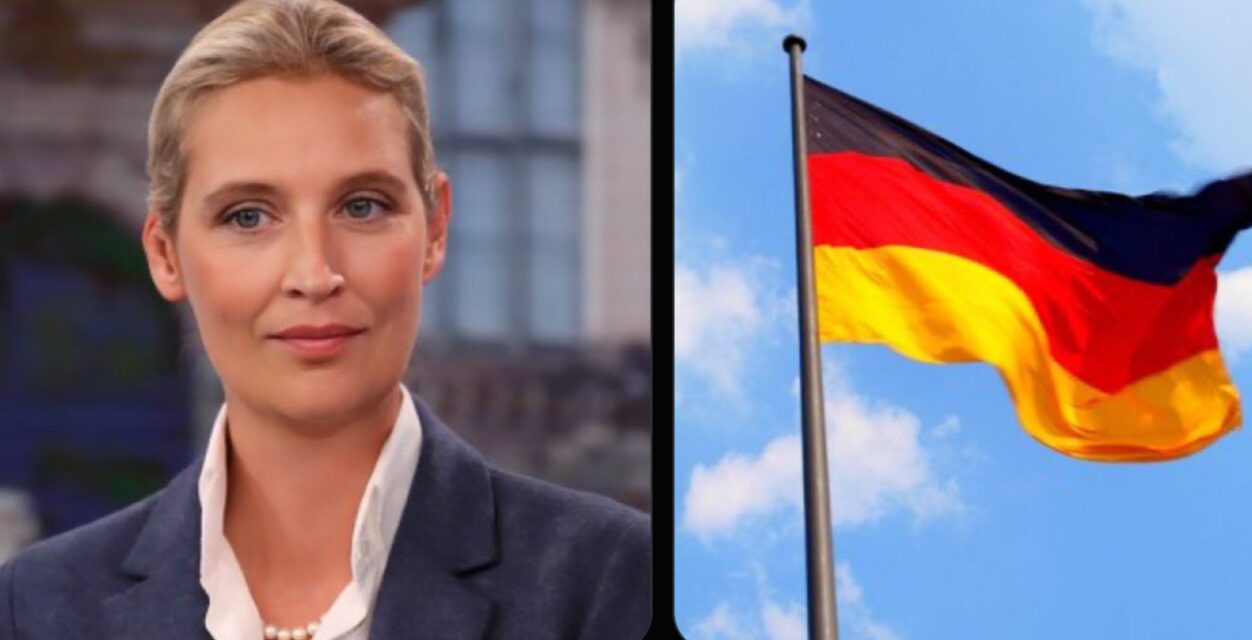







Post Comment